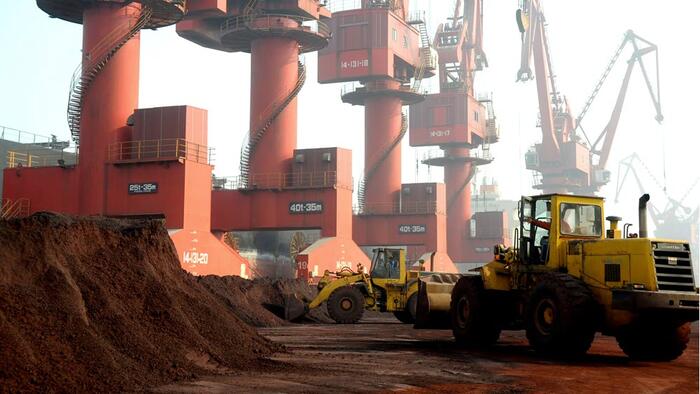
Key Takeaways
- China is limiting exports of “rare earth” minerals—key ingredients in tech like EVs, smartphones, and weapons.
- Europe (especially Germany) is vulnerable because it relies heavily on China for these materials.
- This escalation is part of a global tug-of-war between the U.S., China, and Europe over trade dominance.
What Are “Rare Earths”?
Think of rare earths as “tech vitamins”—tiny amounts are needed to make products work. Examples:
- Dysprosium: Keeps electric car motors efficient.
- Terbium: Used in LED lights and medical devices.
- Yttrium: Critical for lasers and missiles.
China refines ~85% of global supply, controlling prices and availability.
Why Is China Doing This?
- Retaliation: The U.S. has hiked tariffs on Chinese goods, hurting China’s economy.
- Leverage: By restricting rare earths, China pressures Europe to ease its own trade rules.
- Domestic Crisis: China’s economy is struggling (real estate crashes, youth unemployment), so it’s using exports to distract from internal problems.
Europe’s Dilemma
- Factories at Risk: German manufacturers are already reducing operations or shutting down.
The U.S.-China Standoff
- U.S. Strategy: Heavy tariffs to protect American industries and reduce dependence on Chinese imports.
- China’s Fear: If forced to lower exports to the U.S., its economy could collapse, risking political unrest.
The Airbus “Trojan Horse”
China is offering Europe a potential olive branch: a huge deal to buy 300 Airbus planes (worth billions).
- The Catch: This “friendly” deal distracts from China’s rare earth restrictions.
- Risk for Europe: Short-term profit vs. long-term dependence on China.
Bigger Picture: Trade Wars Escalate
- No Allies, Only Interests: Countries prioritize their own economies over global cooperation.
- Europe’s Choice: Seek new mineral sources (like recycling or mining elsewhere) or cave to Chinese pressure.
- What’s at Stake: Jobs, tech innovation, and control over future industries like green energy.
What’s Next?
- Prices for tech and green energy projects may rise globally.
- Political tensions could disrupt supply chains further.
- Companies may seek alternatives (recycling, new mines), but solutions will take years.
Bottom Line: This isn’t just about trade—it’s about who controls the building blocks of the future.